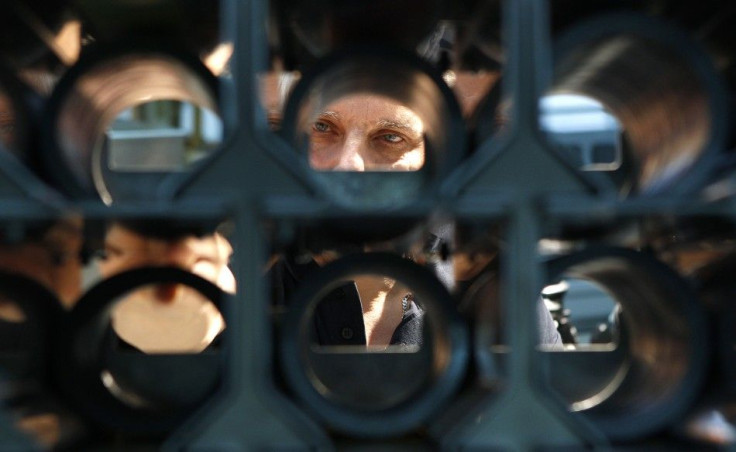Eurozone manufacturing PMI at near 11-year high

Manufacturing activity in the eurozone accelerated to a near 11-year high in February but input costs continued to rise, signaling inflationary pressures in the region.
Manufacturing purchasing managers’ index (PMI) in the 17-nation eurozone stood unchanged at 59 points in February compared with the initial estimate, the Markit Economics said on Tuesday.
“The final Eurozone manufacturing PMI confirmed the buoyancy of the earlier flash estimate for February, signalling the fastest growth for nearly 11 years,” said Chris Williamson, chief economist, Markit.
Markets had expected the manufacturing PMI to stay unchanged at 59 points in February.
Separately, Markit data also showed the manufacturing PMI in the UK remained unchanged at 61.5 points in February confirming the earlier estimate.
“Strong growth in demand across the manufacturing sector continued to put breath in the sails of the UK economy in February,” said David Noble, CEO, the Chartered Institute of Purchasing & Supply.
In Germany, the PMI increased from 60.5 in January to 62.7 in February, indicating the sharpest overall improvement in country’s manufacturing sector business conditions since the survey began in April 1996.
“The German Manufacturing PMI rose to its highest level in almost 15 years of data collection and signalled a rapid improvement of overall business conditions in the sector,” said Tim Moore, senior economist, Markit.
Also, growth of new orders in the eurozone accelerated in the month, recording the second-highest seen over the past ten-and-a-half years.
However, Markit said the input price inflation climbed to record rates in Germany, France, Italy, Spain, the Netherlands and Austria, reached a near-survey peak in Ireland and the fastest since July 2008 in Greece.
“Steep increases in raw material prices may deter firms from recruiting, or drive selling prices even higher in order to protect margins. The recent uptick in oil prices will only add to firms’ cost pressures,” said Williamson.
Annual inflation rate in the eurozone stood at 2.3 percent in January, staying above the European Central Bank’s (ECB) target of 2 percent.
ECB targets to keep the inflation rate below the 2 percent over a two-year period. The bank expects the inflation to peak in March.
© Copyright IBTimes 2025. All rights reserved.




















